China's Ministry of Commerce (MOFCOM) announced on Monday that it has issued questionnaires on anti-dumping cases related to pork and pig by-products imported from the EU. It is part of the ministry's anti-dumping probe into EU pork that started on June 17.
Experts noted that the move is intended to protect the legitimate rights and interests of the domestic industry, and it is consistent with domestic laws and international trade, in stark contrast to the investigation by the European Commission (EC) into China-made electric vehicles (EVs).
The MOFCOM said that the questionnaires were sent to foreign exporters or producers, domestic producers and the domestic importers.
On July 18, the ministry announced that investigating authorities will use a sampling method in the anti-dumping probe into EU pork, and based on initial sampling, the investigation identified three EU exporters -Danish Crown A/S, VION Boxtel and LITERA MEAT - as sampled exporters, as well as 24 domestic producers as sampled domestic enterprises.
The ministry said that the three sampled exporters should complete the questionnaire in full as required. Other non-sampled exporters may voluntarily complete and submit the questionnaire as required. The investigating authorities shall review the questionnaires submitted by the non-sampled companies and calculate the individual dumping margins only to the extent that such a review will not impede the timely completion of the dumping investigation.
"This is part of the country's push for an anti-dumping investigation into EU pork imports, and it is the protection of legitimate rights and interests of domestic producers in the country," Wang Peng, an associate research fellow at the Beijing Academy of Social Sciences, told the Global Times on Monday.
In a notice issued on June 17, the MOFCOM said that the China Animal Agriculture Association on June 6, on behalf of the Chinese pork and pig by-products industry, submitted an application for an anti-dumping investigation into certain pork and pig by-products originating from the EU.
After a review of the application, the MOFCOM determined that it met the requirements for launching an investigation in accordance with the relevant laws.
The probe will examine certain pork and pig by-products originating from the EU from January 1, 2023 to December 31, 2023. The investigation is expected to end before June 17, 2025 but may be extended for half a year under special circumstances.
Wang noted that it also indicated that China's anti-dumping investigations are conducted in strict compliance with domestic legal procedures and international trade rules, which is in strong contrast with the EC's decision to impose provisional additional tariffs on Chinese EVs.
Lin Jian, spokesperson of China's Foreign Ministry, told a press conference on Monday that China has repeatedly expressed its opposition to the EU's anti-dumping investigation into China's EVs, and mutual benefit and win-win is the essence of China-EU economic and trade cooperation.
The imposition of additional tariffs is a typical act of protectionism, which is not conducive to global efforts to cope with climate change. It is in the common interests of China and the EU to settle differences through dialogue and consultation on the basis of mutual respect, Lin noted.








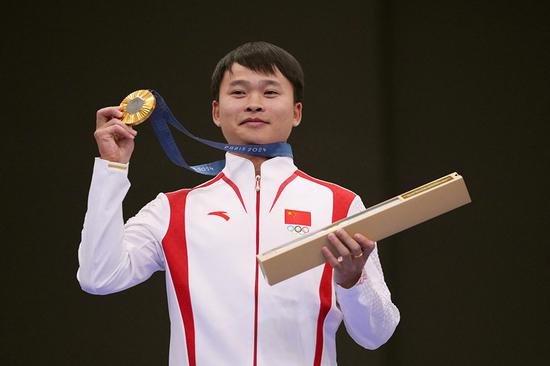

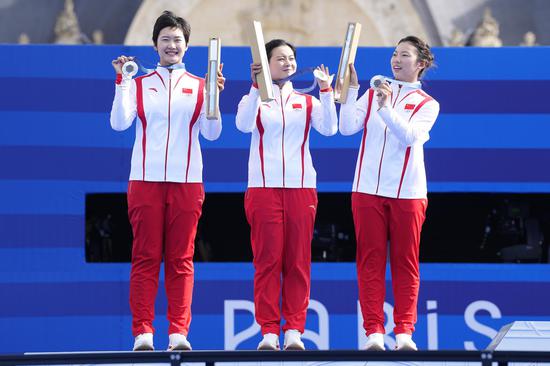




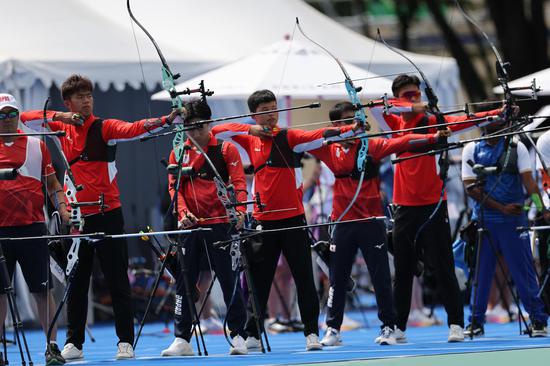
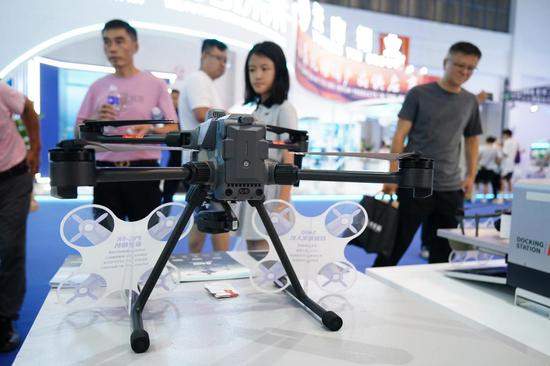






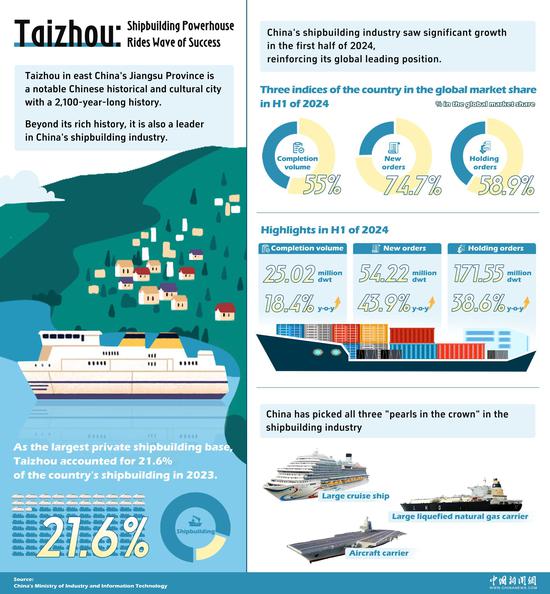
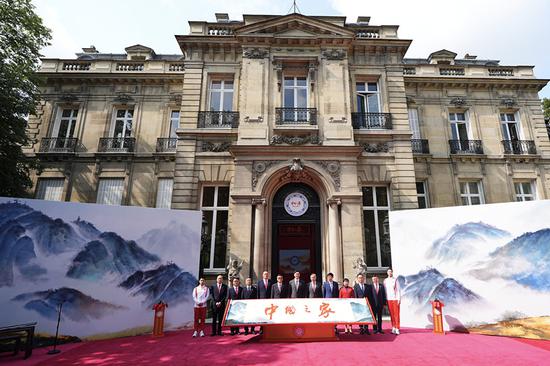
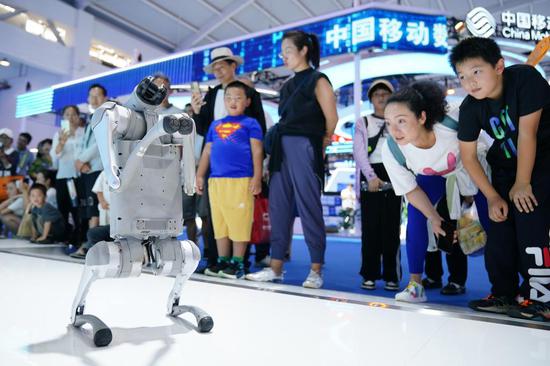






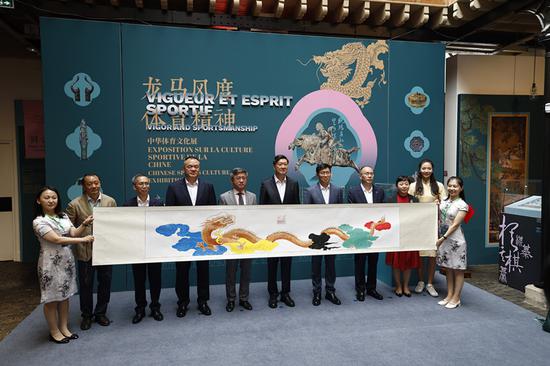


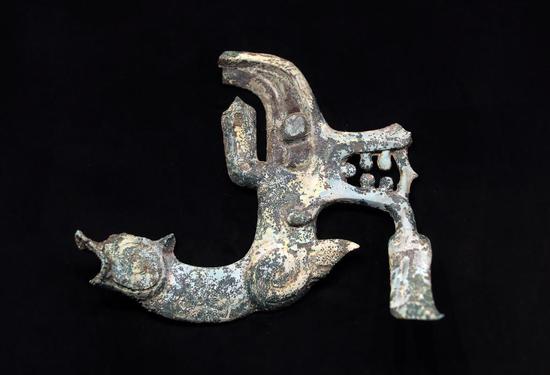
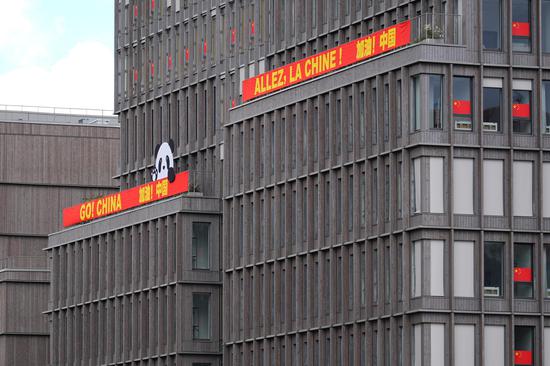
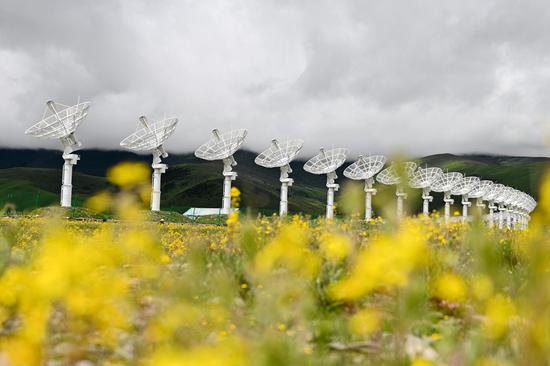
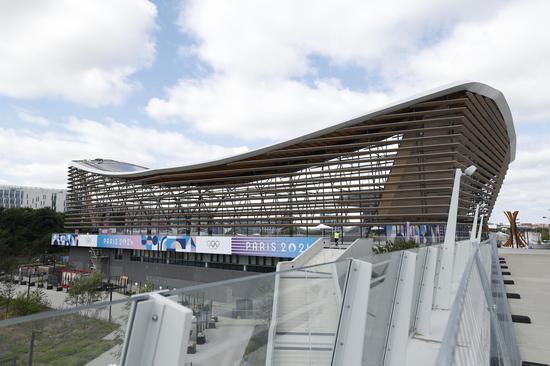
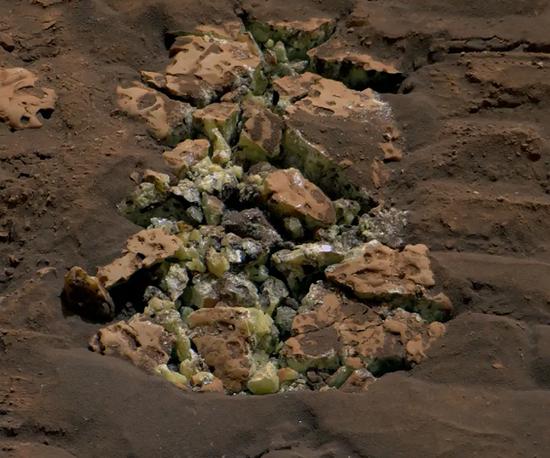




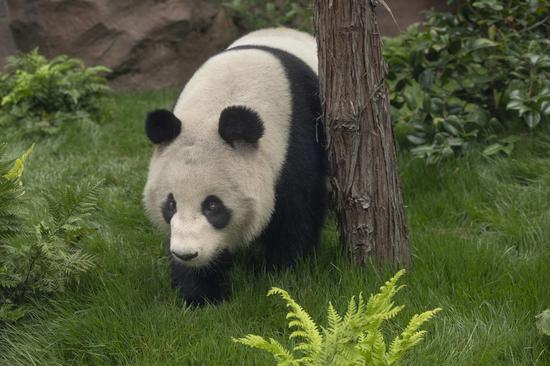

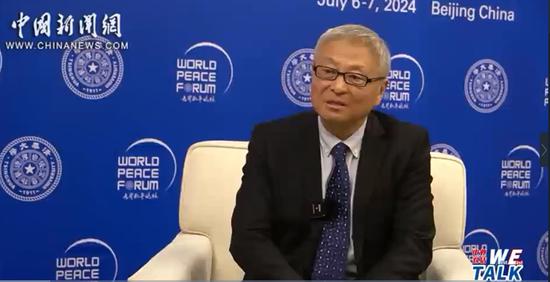



 京公网安备 11010202009201号
京公网安备 11010202009201号